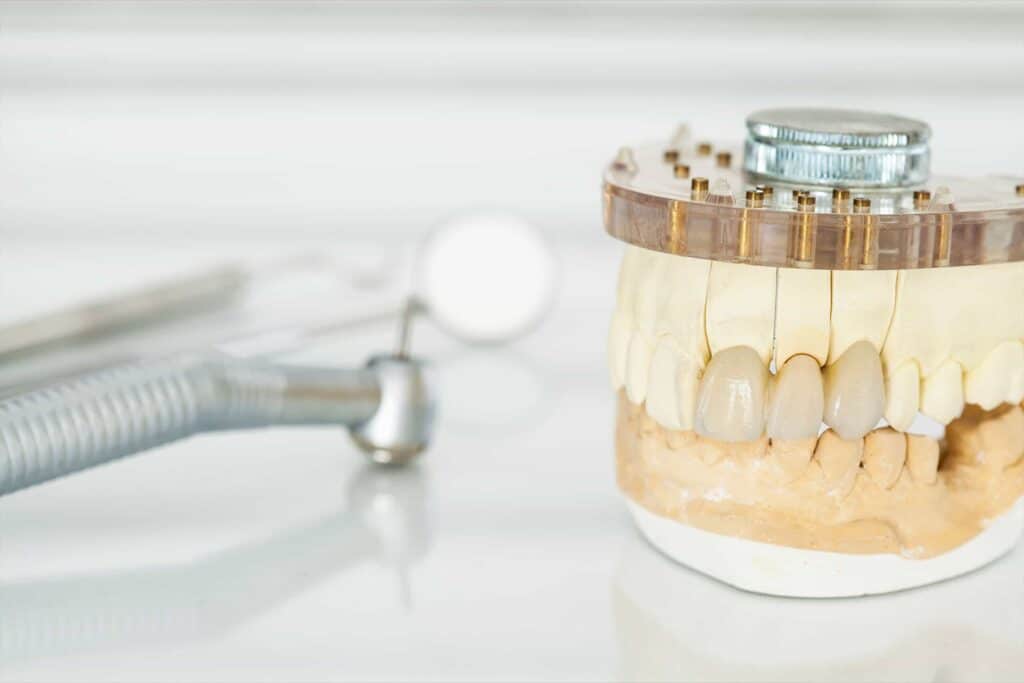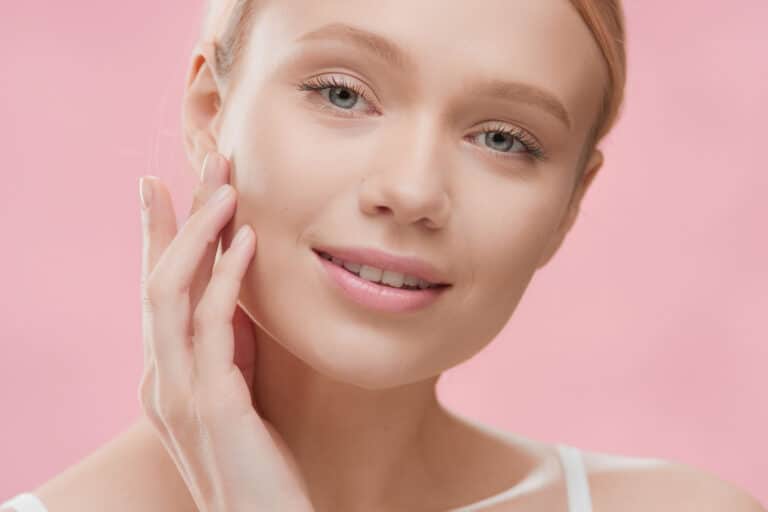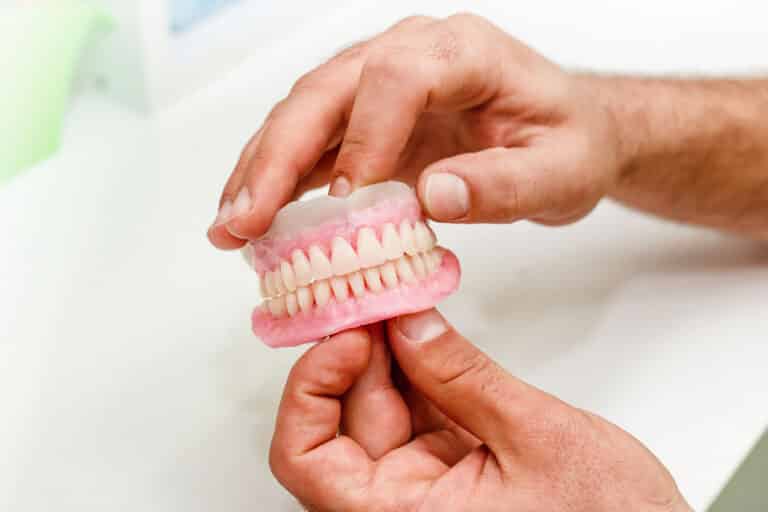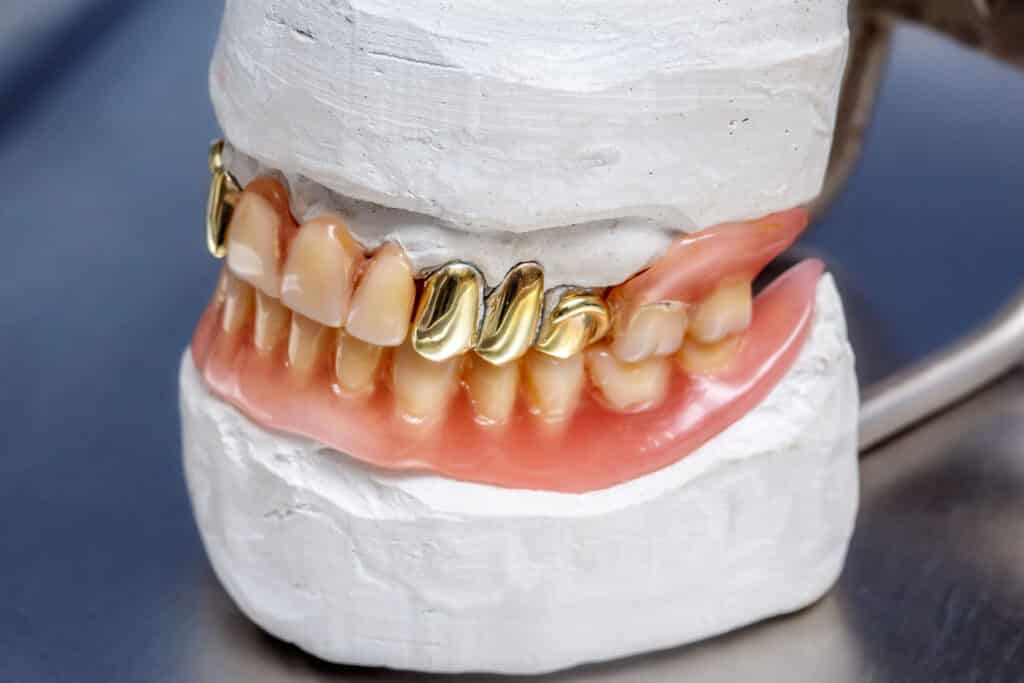Can Bleaching Damage My Teeth?
Bleaching your teeth has not been shown to cause permanent damage to teeth when applied correctly. The most common active ingredient found in most teeth bleaching products is Carbamine Peroxide and it shouldn’t cause any permanent damage to your teeth. While tooth bleaching is safe, there are known side effects that some people experience. The most common of these side effects is tooth sensitivity which is temporary. Teeth bleaching, or teeth whitening, is one of the best bang for your buck esthetic treatments a person can do. It is very low risk and high reward.
When Will My Child Get Their First Tooth?
In general, most children get their first tooth around 6 months old. However, there have been cases when the first tooth does not come out for as long as two years! The good news is, that there is no need to worry if your child is still toothless past their first or second birthday. Rest assured that teeth will come eventually come. For most cases, my recommended treatment would be patience.
Should I Floss Before Or After Brushing?
Studies have shown that there is no significant difference between flossing before or after brushing your teeth. However, it is my personal believe that you should floss first and brush your teeth after. The reason for this recommendation is that if the plaque can be removed between the teeth first, then the toothpaste can have more direct contact with the surface of your teeth. The most important thing to do though, is to make sure that flossing actually happens on a daily basis.
Are Dental X-Rays Safe?
While there are always risks with every medical treatment, the risk factor with dental x-rays are extremely low. The technology that dental x-rays use have become much more precise. There is less scatter and we now use lower dosing than before. This means that dental x-rays, which were already safe, have become even safer. The amount of radiation exposure is significantly lower than the amount of radiation received from normal daily activities.





